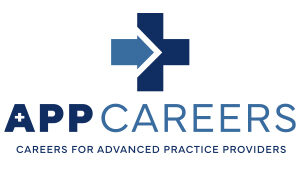When interviewing for a position as an Advanced Practice Provider (APP), whether in a private practice or an academic institution, it’s important to consider several key factors. Here are some important things to look for when interviewing for both types of settings:
Private Practice
- Practice Culture and Values: Assess the practice’s culture and values to ensure they align with your professional goals and philosophy of care. Consider the practice’s mission, patient-centeredness, teamwork and commitment to quality care.
- Patient Population: Understand the patient population served by the private practice. Consider the demographics, complexity of cases and specific healthcare needs of the patients. Determine if you have a passion for and experience in serving that particular population.
- Autonomy and Scope of Practice: Discuss the level of autonomy and the scope of practice you will have as an APP in the private practice. Clarify the responsibilities, decision-making authority and collaborative opportunities with other healthcare professionals.
- Workload and Schedule: Inquire about the workload expectations, patient volume and scheduling flexibility. Assess the potential for work-life balance and the availability of support staff to streamline administrative tasks.
- Compensation and Benefits: Understand the compensation structure, including salary, bonus potential and benefits package. Inquire about continuing education allowances, professional development opportunities and potential for career advancement.
Academic Institution
- Collaborative Environment: Assess the collaborative environment within the academic institution. Consider the interdisciplinary teamwork between faculty, physicians and other healthcare professionals. Determine if the institution promotes a culture of mentorship and ongoing learning.
- Training and Professional Development: Inquire about the availability of training programs, workshops and conferences offered by the institution. Evaluate the support provided for professional development and the institution’s commitment to keeping APPs updated with the latest advancements in their field.
- Teaching Opportunities: Determine if there are opportunities to be involved in teaching and precepting students, residents or fellows. Teaching can be a rewarding aspect of an academic role and can contribute to your professional growth and development.
- Networking and Research Opportunities: Academic institutions often provide a rich network of colleagues, researchers and experts in various fields. Consider the potential for networking and involvement in research projects within the institution.
- Work-Life Balance and Benefits: Inquire about the institution’s policies and support for maintaining a healthy work-life balance. Consider the benefits package, including healthcare coverage, retirement plans, vacation time and maternity/paternity leave.
Ultimately, the decision between a private practice and an academic institution will depend on your individual preferences, career goals and personal circumstances. It’s important to thoroughly research and consider these factors during the interview process to make an informed decision that aligns with your professional aspirations.


